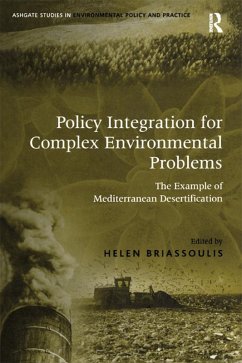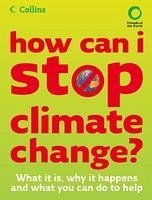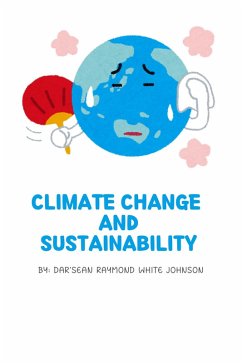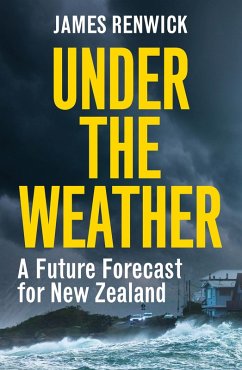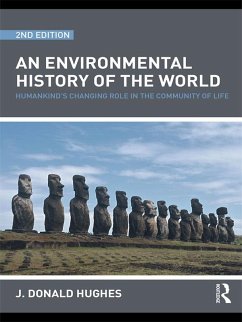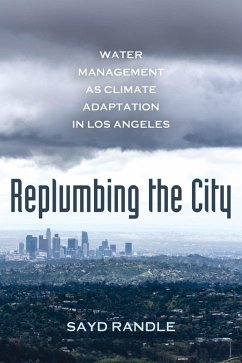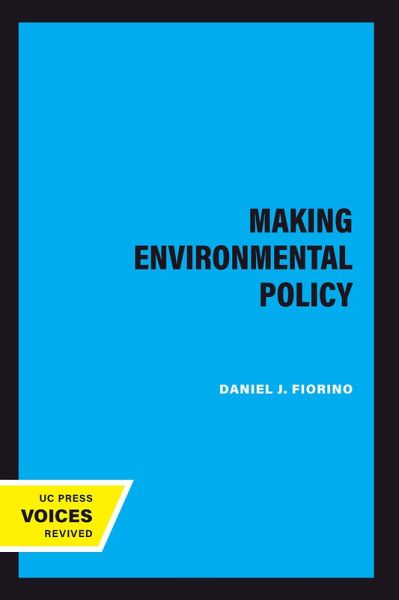
Making Environmental Policy (eBook, ePUB)

PAYBACK Punkte
11 °P sammeln!
Who speaks for the trees, the water, the soil, and the air in American government today? Which agencies confront environmental problems, and how do they set priorities? How are the opposing claims of interest groups evaluated? Why do certain issues capture the public's attention?In Making Environmental Policy, Daniel Fiorino combines the hands-on experience of an insider with the analytic rigor of a scholar to provide the fullest, most readable introduction to federal environmental policymaking yet published. A committed environmental advocate, he takes readers from theory to practice, demonst...
Who speaks for the trees, the water, the soil, and the air in American government today? Which agencies confront environmental problems, and how do they set priorities? How are the opposing claims of interest groups evaluated? Why do certain issues capture the public's attention?
In Making Environmental Policy, Daniel Fiorino combines the hands-on experience of an insider with the analytic rigor of a scholar to provide the fullest, most readable introduction to federal environmental policymaking yet published. A committed environmental advocate, he takes readers from theory to practice, demonstrating how laws and institutions address environmental needs and balance them against other political pressures.
Drawing on the academic literature and his own familiarity with current trends and controversies, Fiorino offers a lucid view of the institutional and analytic aspects of environmental policymaking. A chapter on analytic methods describes policymakers' attempts to apply objective standards to complex environmental decisions. The book also examines how the law, the courts, political tensions, and international environmental agencies have shaped environmental issues. Fiorino grounds his discussion with references to numerous specific cases, including radon, global warming, lead, and hazardous wastes. Timely and necessary, this is an invaluable handbook for students, activists, and anyone wanting to unravel contemporary American environmental politics.
Who speaks for the trees, the water, the soil, and the air in American government today? Which agencies confront environmental problems, and how do they set priorities? How are the opposing claims of interest groups evaluated? Why do certain issues captur
In Making Environmental Policy, Daniel Fiorino combines the hands-on experience of an insider with the analytic rigor of a scholar to provide the fullest, most readable introduction to federal environmental policymaking yet published. A committed environmental advocate, he takes readers from theory to practice, demonstrating how laws and institutions address environmental needs and balance them against other political pressures.
Drawing on the academic literature and his own familiarity with current trends and controversies, Fiorino offers a lucid view of the institutional and analytic aspects of environmental policymaking. A chapter on analytic methods describes policymakers' attempts to apply objective standards to complex environmental decisions. The book also examines how the law, the courts, political tensions, and international environmental agencies have shaped environmental issues. Fiorino grounds his discussion with references to numerous specific cases, including radon, global warming, lead, and hazardous wastes. Timely and necessary, this is an invaluable handbook for students, activists, and anyone wanting to unravel contemporary American environmental politics.
Who speaks for the trees, the water, the soil, and the air in American government today? Which agencies confront environmental problems, and how do they set priorities? How are the opposing claims of interest groups evaluated? Why do certain issues captur
Dieser Download kann aus rechtlichen Gründen nur mit Rechnungsadresse in A, D ausgeliefert werden.




